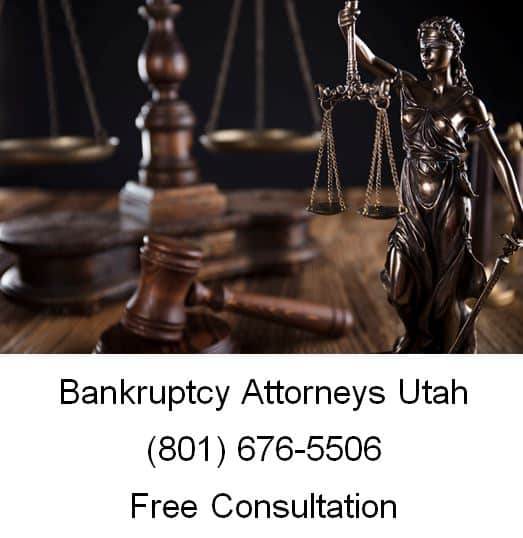

Most businesses will incur some form of debt as a necessary part of operations, whether it’s the use of credit cards or bank loans. However, problems arise when the debt load is unsustainable and out of balance with revenues, sometimes leading to bankruptcy. This section contains information and resources to help a financially troubled business, including personal liability and what to expect when filing for bankruptcy. Also included are government resources to help businesses better understand debt and bankruptcy.
Different Kinds of Debt
Most people are not exactly thrilled about owing people money. But there is a distinction among different kinds of debt, as some debts are held in a much better esteem than others. More to the point, “good debt” refers to debt on assets that earn your business more income than the cost of that debt. The cost of any debt is the interest charged. In contrast, “bad debt” — such as emergency loans meant to keep a business afloat during hard times — doesn’t contribute to the company’s growth and may hurt the company’s overall value.
You may have to incur some bad debt from time to time, but the key is to pay it off as quickly (and painlessly) as possible.
Next Step for Bankruptcy?
Deciding which debts to pay down first can be overwhelming when your company’s revenue is less than your debt obligations and monthly payments. Since you can’t satisfy all debts at the same time, it’s best to prioritize these obligations in a strategic way. For instance, certain debts must be paid in full — taxes, for instance — while other debts can be paid down gradually or even negotiated.
Your unique situation and business needs will dictate how you repay your debts, but the following debts generally should take priority (this is not a comprehensive list): Payroll and payroll taxes – While it may be tempting to use money withheld from employee paychecks to plug financial holes, it could lead to problems come tax time; also, you likely will face steep penalties if you fail to pay your workers on time or in full. Utilities and communications – Resources and services such as electricity, water, telephones, and Internet are absolutely critical to most businesses; and if you fall behind, you may lose these vital services. Loans with personal liability – Partners and sole proprietors are personally liable for business debts, although officers of corporations and LLCs also may be liable for debts they personally guaranteed. Court Judgments – Creditors that have won court judgments against you or your business may legally seize property or even garnish wages. Secured Loans – Many small business owners put up personal property, including their private home, as collateral for a loan; a default could lead to losing one’s home, or home office.
Business Bankruptcy
If you’re unable to secure additional funding or otherwise find yourself without options to revive your struggling business, bankruptcy may be the next step. Businesses that have a shot at a turnaround typically file for Chapter 11 bankruptcy protection. This allows businesses to have certain debts forgiven while they reorganize, with limited protections for the suppliers and vendors as well. But generally, the type of bankruptcy available to your business depends on your legal structure, amount (and type) of debts, plans for the future, and your personal liability for these debts. Other types of business bankruptcy — those which are more common for small businesses — include Chapter 7 and Chapter 13. You will want to file Chapter 7 if you are a sole proprietor and therefore liable for all business debts, which involves the liquidation of most assets and the eventual winding-down of operations. Another option for sole proprietorships or partnerships is Chapter 13, which allows you to keep your assets while reorganizing and paying off your debts.
Business Bankruptcy Lawyer Free Consultation
If you have a bankruptcy question, or need to file a bankruptcy case for your business, call Ascent Law now at (801) 676-5506. Come in or call in for your free initial consultation.
8833 S. Redwood Road, Suite C
West Jordan, Utah
84088 United States
Telephone: (801) 676-5506
Recent Posts
Avoiding Estate Planning Mistakes
Enforcing Grandparent Visitation with Contempt of Court
New blog post my friends:
Can Shareholders file for bankruptcy?https://t.co/ReS7O8vrKh
Ascent Law LLC
8833 S Redwood Rd Ste C
West Jordan UT 84088
801 676 5506— Tim Cella (@TimCella2) September 1, 2022

